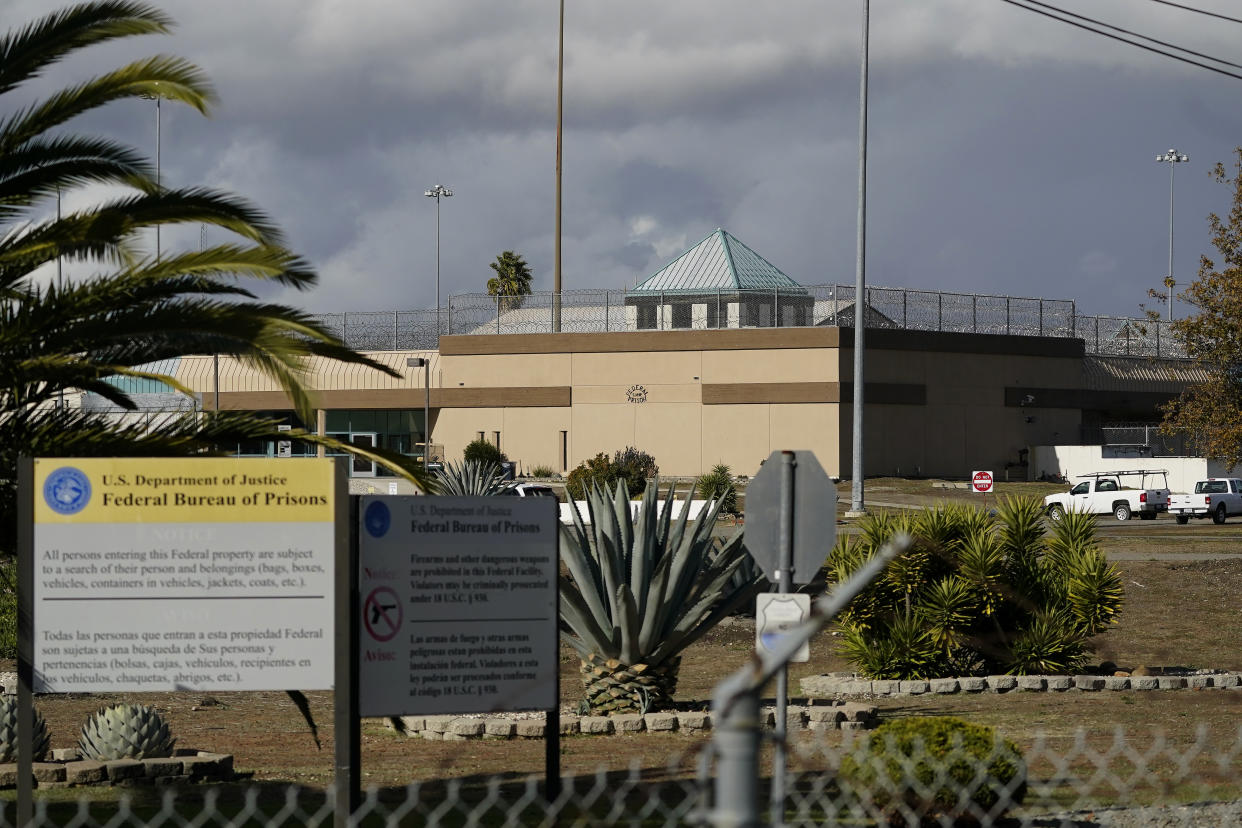(Courtesy of the state of New Jersey)
About a week ago, I sued someone for the first time.
It’s still a little jarring to see my name listed as plaintiff in a lawsuit that potentially has high stakes for Oklahomans and their right to know why public employees are abruptly being paid with our funds to go away.
It shouldn’t take litigation to knock loose records that we, as taxpayers, should be entitled to view.
But the Department of Wildlife Conservation and its governing commission have dug in their heels. They said it’s none of the public’s business about what is contained in the severance agreement that they signed when they agreed to pay their former executive director, J.D. Strong, over $169,000 to depart.
I disagree, and I fear that if such a philosophy is allowed to go unchallenged, it will embolden other governmental entities to try to keep secret payments to make problems go away.
We think any time public money is expended, Oklahomans are entitled to know why. How else can we gauge if public officials at all levels are competently performing their duties?
Days after we first reported that the agency had denied our open records request, the eight-member wildlife governing board took the bizarre step of taking a public vote to block the release of the agreement it negotiated.
The decision raised eyebrows, and open records advocates said it was really unusual for a public body to go out of their way to let everyone know that they wanted to keep a record out of the public’s hands.
We decided to partner with the nonprofit Reporters Committee for Freedom of the Press, which advocates on behalf of the press for the release of information that should be public under state open records laws. We’re lucky that Oklahoma is one of five states where they operate a Local Legal Initiative aimed at helping hold government agencies and officials accountable.
We unsuccessfully tried to mediate things behind the scenes and come to an agreement.
But I discovered that Oklahoma’s extremely weak Open Records Act leaves little incentive for such outcomes. If an agency digs in their heels or refuses to negotiate or discuss a denial, it offers the average Oklahoman few options except litigation.
That’s despite the fact that our law is founded on the premise that people are “vested with the inherent right to know and be fully informed about their government,” and the purpose is to ensure and facilitate our right to access and review government records so that Oklahomans “may efficiently and intelligently exercise their inherent political power.”
Most people likely don’t have the resources to sue, which allows agencies to stonewall the public at will.
I’m certain state agencies that aren’t complying with the law — or are slowballing their responses to requests — operate on the assumption that there will be no ramifications. And, they’d largely be right.
I’ve been denied access to records before in Oklahoma, but never had the resources, or perhaps, the will to sue.
Litigation is expensive and time consuming, and our open records law largely has no teeth for those who willfully violate it. It’s a misdemeanor offense to “willfully” violate the law. Officials could face a fine up to $500, a year in county jail or both. I can’t remember the last time we’ve incarcerated a public official for a willful violation.
There’s also no provision requiring a response to a request within a certain timeframe, which allows open records requests to languish unfulfilled for months or longer. I have an existing request with another agency that’s over a year old.
There has to be a better way for the general public to be able to access the information they’re entitled to without having to pursue litigation. And, our law should have timeframes for response so that people aren’t waiting months.
In any case, the fact that there’s at least one state agency that is under the impression that our law allows them to hide severance agreements from public inspection is scary and alarming.
As our attorney noted last week, the Department of Wildlife Conservation manages 1.6 million acres of public land on behalf of every Oklahoman. The public has a right to know how it is managed and how public funds are being used.
Oklahomans should always have the right to view any severance agreements that our state, county and local officials enter into to rid themselves of someone.
What is the department trying to hide?
Requiring access to severance agreements ensures light shines in a dark corner of government and “good ol’ boy” deals aren’t being struck behind closed doors.
No Oklahoman wants to fund a government that lacks public accountability.
Hopefully the outcome of our lawsuit, which seeks a declaration that the severance agreement is public, will make it easier for more Oklahomans in the future to access other agreements.
Because they deserve it.
GET THE MORNING HEADLINES DELIVERED TO YOUR INBOX
The post The Voice is suing to view government records. Hopefully other Oklahomans one day won’t have to. appeared first on Oklahoma Voice.
Signup bonus from





